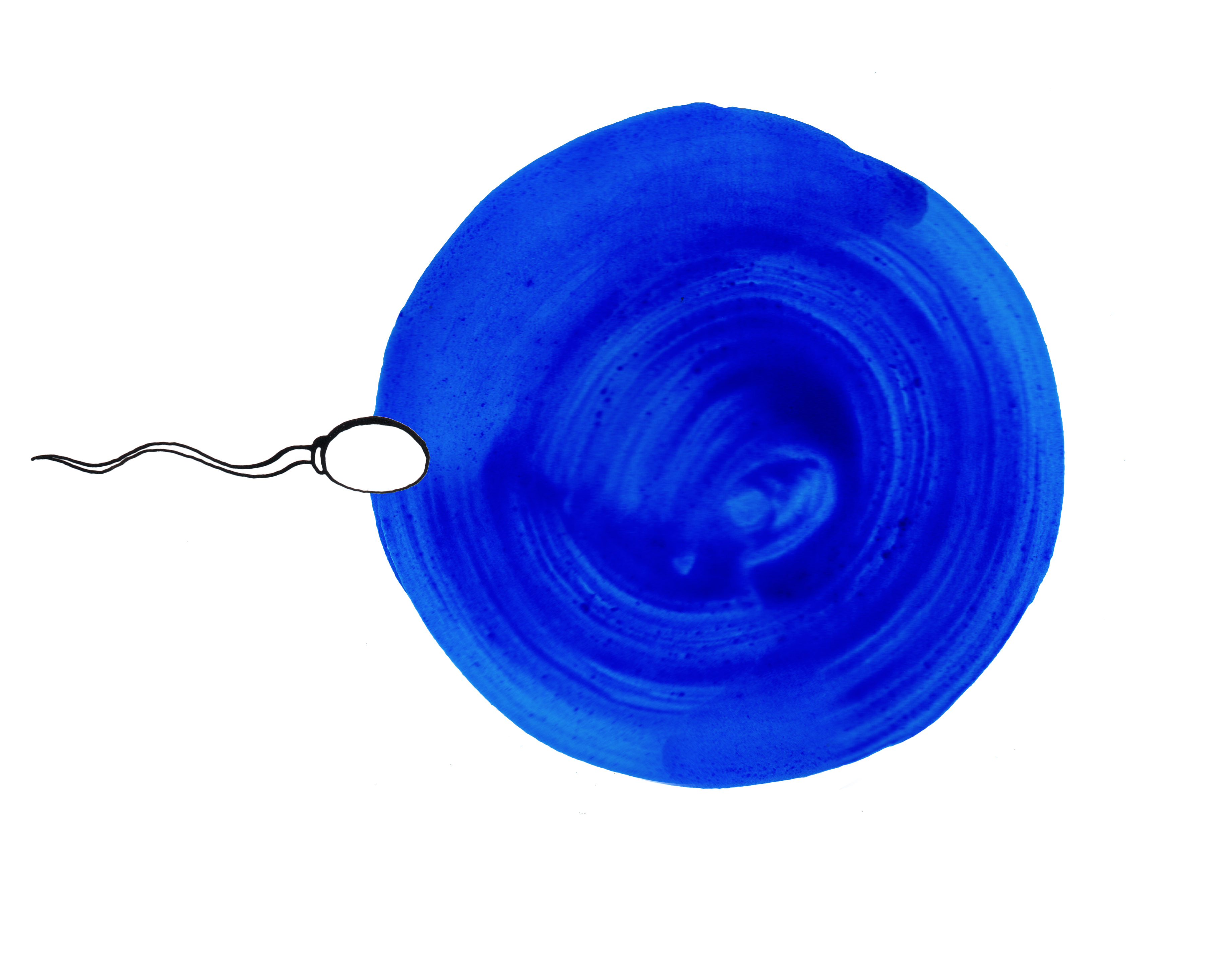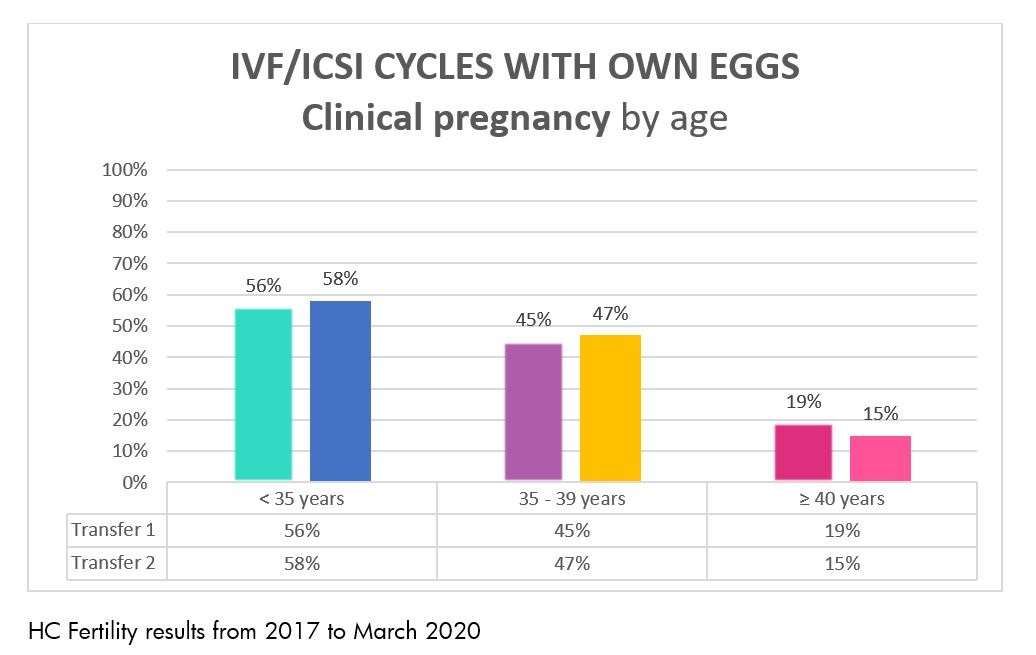23 September, 2021
Fertility terms you may not know II

1. IVF/ICSI:

Techniques used in assisted human reproduction treatments to fertilize the sperm with the egg, in the laboratory.
In an IVF, conventional In Vitro Fertilization, the eggs collected from a patient or a donor are placed together with a certain quantity of sperm in a drop or well, placed in the culture dish.
In an ICSI, Intracytoplasmic Sperm Injection, the union of the oocyte with the spermatozoon is carried out by an embryologist, who will choose the best sperm to deposit it directly inside of the mature egg with the help of very tiny pipettes and a microscope.
After performing both procedures, the eggs will be incubated and around 16-20 hours later, the embryologists will observe if fertilization has occurred and if it is correct. Between the 3rd and 6th day after fertilization, the chosen embryo or embryos will be transferred to the woman’s uterus.V

2. Semen analysis:

It is a diagnostic test that evaluates the semen quality through the study of different parameters such as morphology, motility and sperm´s concentration in the semen sample.
3. Shared Motherhood (Intra Partner Egg Sharing)

Intra Partner Egg Sharing is an assisted reproductive technique carried out in couples of women who wish to have a child with the participation of both, that means: one of them will be who provides the egg and the other one will experience de pregnancy.
A requirement needed in Spain to perform this method is that the couple must be legally married.
4. Pregnancy rate:/ Clinical rate

Pregnancy rate: it is obtained by dividing the pregnancies detected in biochemical tests (blood and urine) by the total number of embryo transfers. Positive pregnancy test in the first weeks of pregnancy.
Clinical rate: it is obtained by dividing the evolutionary clinical pregnancies by the total number of embryo transfers. Pregnancies confirmed by ultrasound where the baby’s sac and heartbeat are observed.
To summarize, the pregnancy rate includes all the positives pregnancy tests and the clinical rate those that continue with the pregnancy.


5. Hydrosalpinx

Hydrosalpinx is an alteration produced in the female reproductive system, which leads to the obstruction and accumulation of fluid in the fallopian tubes, causing their dilatation.
It results in fertility problems because it doesn´t allow the progression of the sperm to the egg.
More terms:

Back to blog
In other news

30 January, 2023
Implantation failures
In recent years, thousands of women and couples have resorted to assisted reproduction techniques to...
[Continue reading ]29 October, 2019
What does sperm capacitation consist of?
Sperm capacitation involves the physiological changes that are produced naturally in the spermatozoa...
[Continue reading ]


